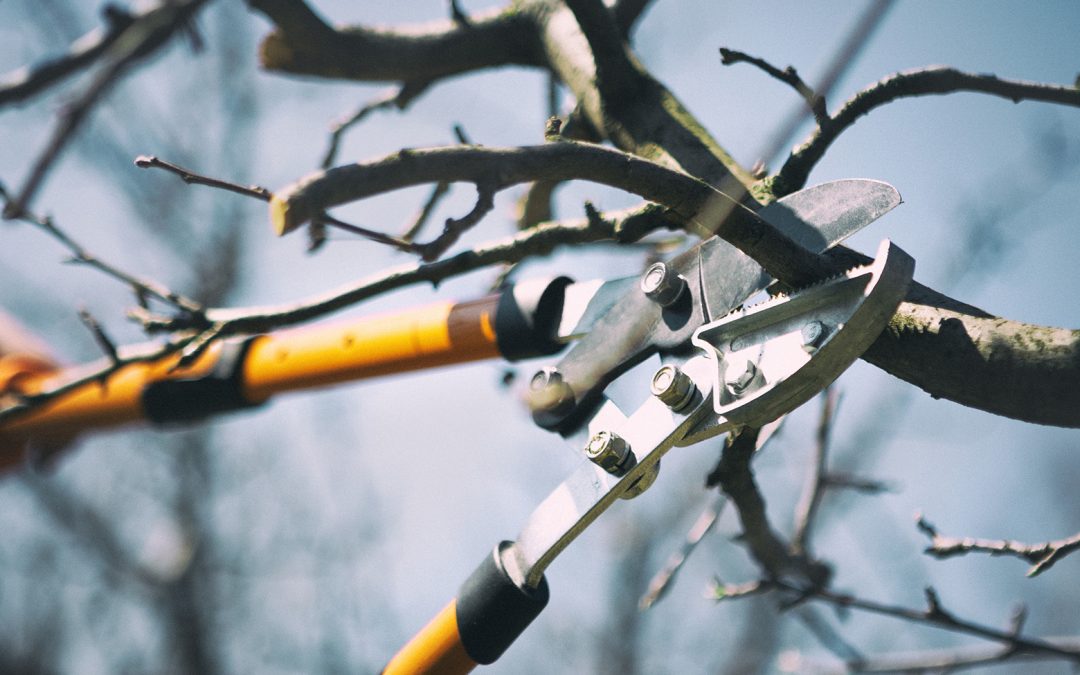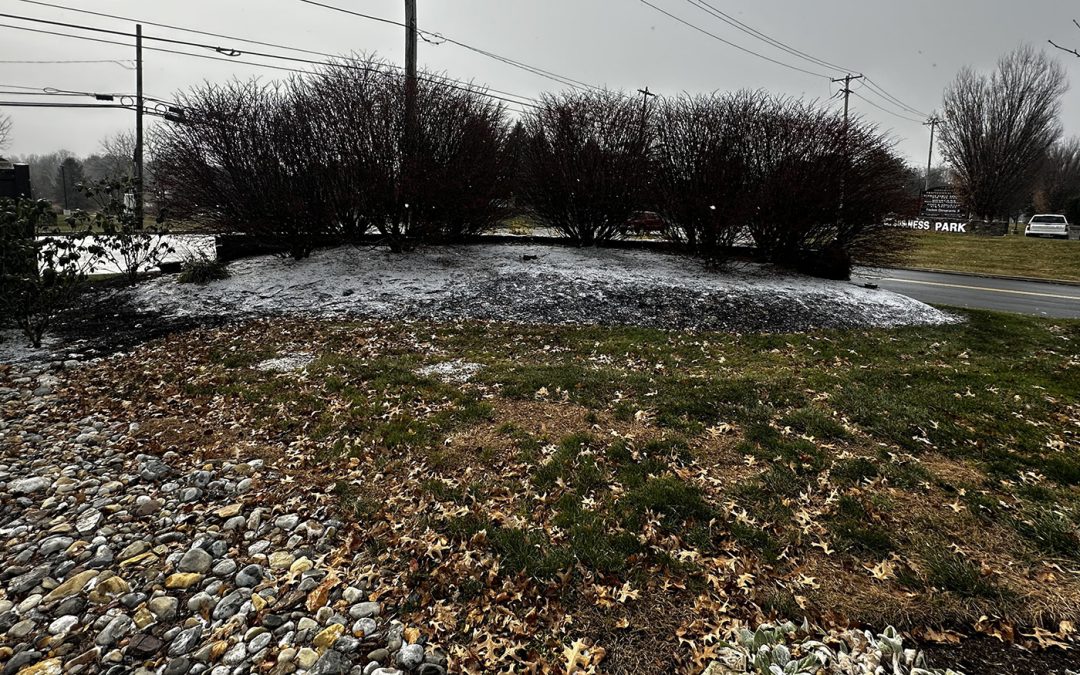Taking care of a garden in Chester County during the peak of summer can be challenging. Prolonged heat, dry spells, and high UV exposure can quickly set you back months of effort if your landscape isn’t properly prepared. Whether you’re working with well-established beds or newer plantings, understanding how to protect your garden from heat is essential. In this guide, we’ll share proven techniques tailored for landscaping in Chester County’s during the summer season to help your outdoor space stay healthy and presentable, even in the hottest weeks of the year.
Choose Plants That Can Withstand Summer Conditions
Smart landscaping in Chester County begins with selecting plants that are naturally equipped to handle high temperatures. Native and drought-tolerant species adapt well to the local soil and moisture conditions while requiring less ongoing care. Plants such as Black-eyed Susans, Purple Coneflowers, and Sedum are excellent choices for color and resilience. These varieties retain their shape, color, and structure even when rainfall is limited, helping you maintain a well-kept appearance without overwatering.
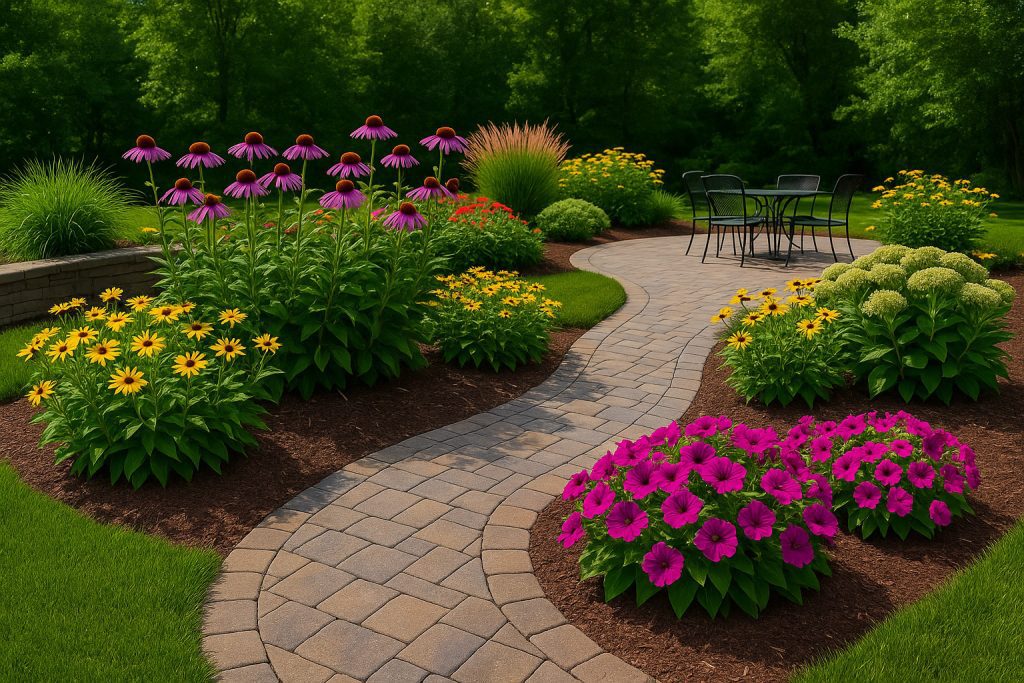
Mulch to Keep Soil Moisture and Temperature in Check
Mulch plays a critical role in summer garden care. It acts as a protective layer over your soil, keeping temperatures stable and reducing moisture loss due to evaporation. For optimal results, apply a consistent layer of mulch—roughly 2 to 3 inches deep, around plants, being careful not to pack it against stems. Organic options like shredded bark or leaf compost also enrich the soil as they break down, offering long-term benefits to your landscaping beds. In Chester County’s often humid and sun-intense summers, mulch serves both as a heat shield and a soil conditioner.
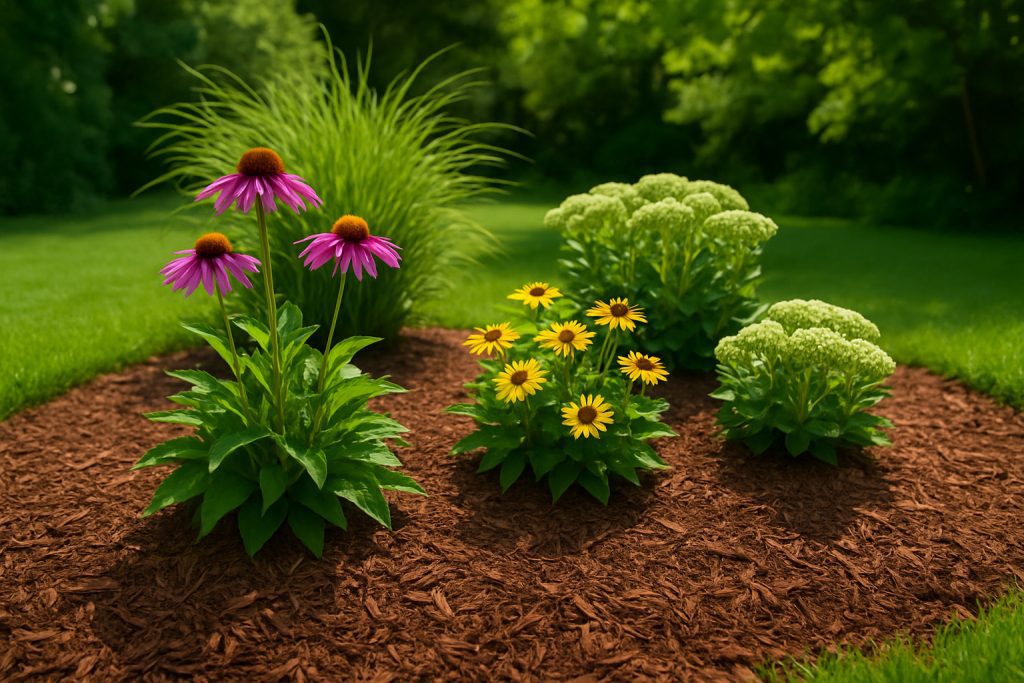
Adjust Watering to Suit the Heat
Watering routines need to be adapted for hot weather. It’s not just about watering more often—it’s about watering more effectively. Early morning is the best time to water, giving plants a chance to absorb moisture before the sun peaks. Focus on deep, less frequent watering to encourage stronger root systems. Overwatering during high heat can lead to shallow roots and fungal issues. Using a drip irrigation system or soaker hoses will help deliver water directly to the root zone without wasting it on evaporation or runoff.
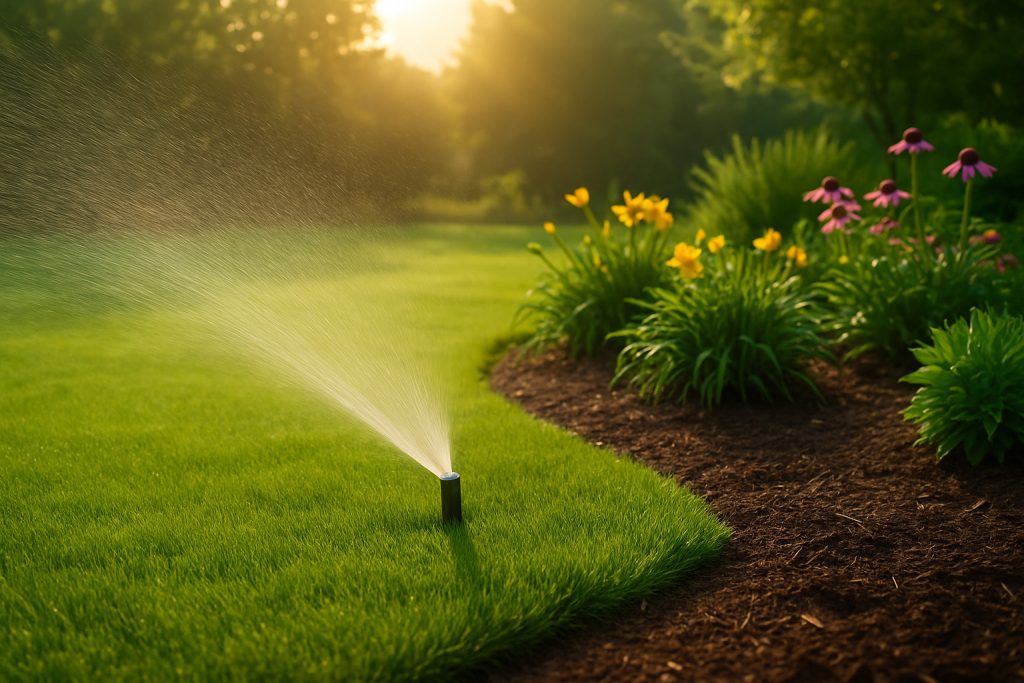
Provide Shade Where Needed
Not every part of your garden needs full sun, and too much of it can cause plants to wilt or burn. For more delicate varieties, temporary shade can prevent damage. This doesn’t mean major construction—simple solutions like placing potted plants under tree cover or using shade cloth for sun-sensitive areas can make a noticeable difference. Creating strategic shade pockets also gives your garden a more layered, textured look while adding relief for plants that don’t thrive in all-day sun.
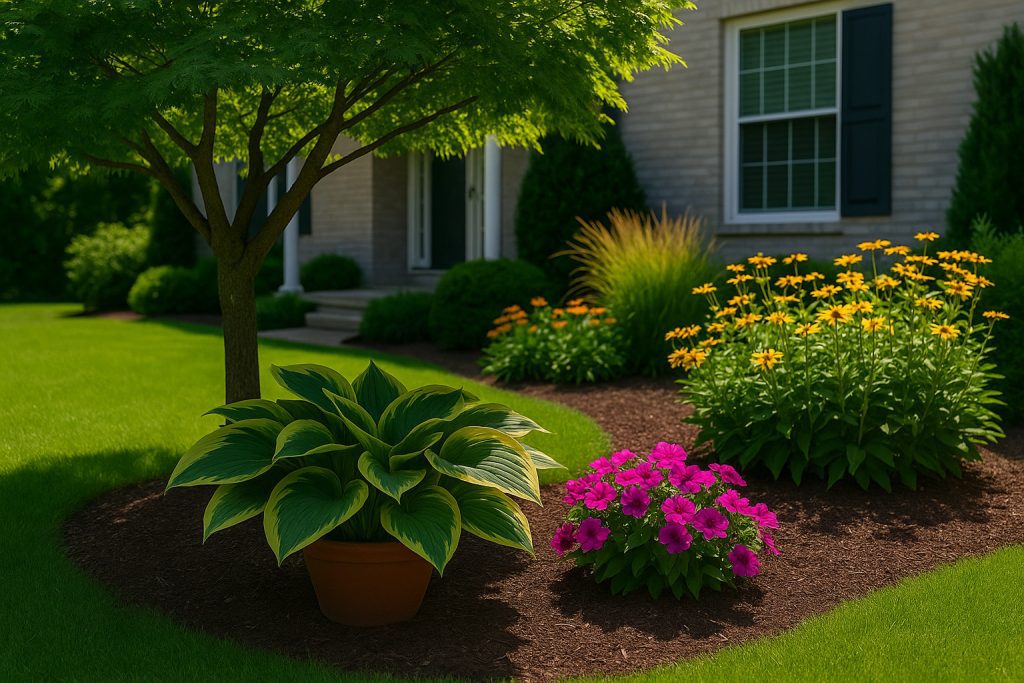
Monitor Soil Conditions and Make Adjustments
It’s easy to assume dry soil just means watering is needed, but the quality and structure of your soil matter just as much. In Chester County, clay-heavy areas may retain water poorly at the surface while drying out below. To check your soil’s actual condition, dig down a few inches, if it’s dry at root level, it’s time to water. Adding organic matter like compost improves your soil’s water-holding capacity and helps balance its structure, giving your plants a better foundation for surviving summer extremes.
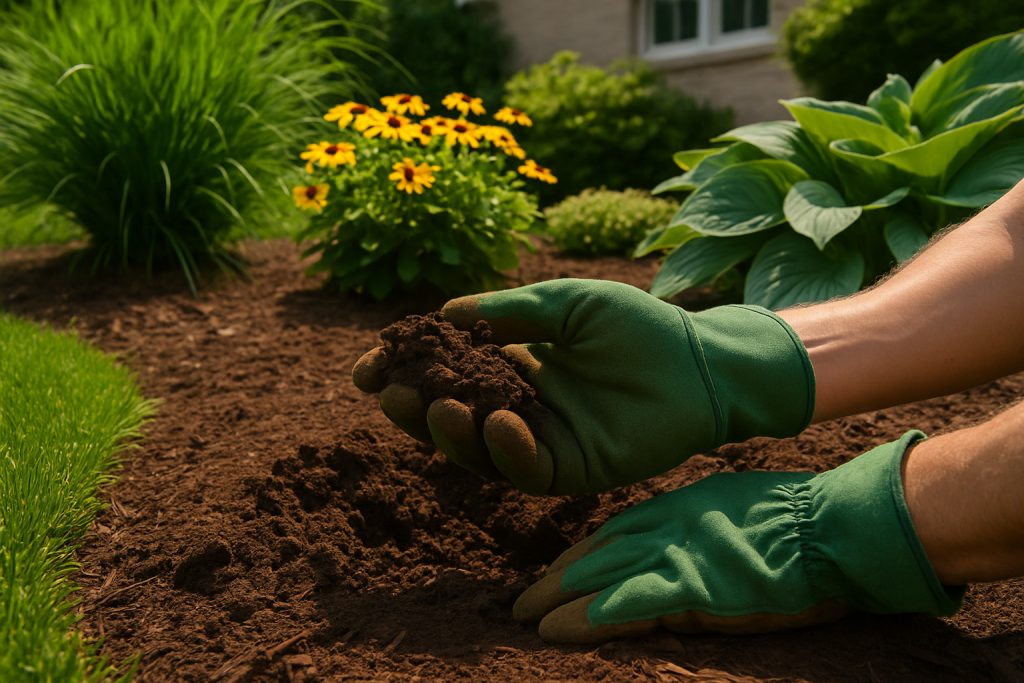
Frequently Asked Questions
How hot is too hot for garden plants in Chester County?
Most plants start showing stress around 85°F, especially under direct sun with low humidity or strong wind.
How often should I water during a heatwave?
Aim for deep watering two to three times a week rather than light daily watering. Adjust based on rainfall and soil type.
What type of mulch works best in hot weather?
Organic mulch such as bark, wood chips, or compost performs well by insulating the soil and adding nutrients over time.
Can damaged plants recover after extreme heat?
Many can, as long as the roots are healthy. Trim back scorched foliage, water deeply, and give the plant a break from direct sun.
Does smart irrigation make a difference in summer?
Yes, automated irrigation systems can save water and deliver more consistent hydration, especially during unpredictable heat spells.
Get Expert Help with Landscaping in Chester County
A well-maintained garden doesn’t have to suffer through the summer. With the right combination of planning, plant selection, and soil care, your landscape can hold up through the hottest days of the year. If you need help preparing your property for the season, or recovering from recent heat damage, Pickel Landscape Group offers trusted services for landscaping in Chester County. From planting to irrigation system installation, we’ll make sure your garden stays strong, healthy, and ready for the next season.
Contact us today to schedule a consultation or to request seasonal maintenance services.

